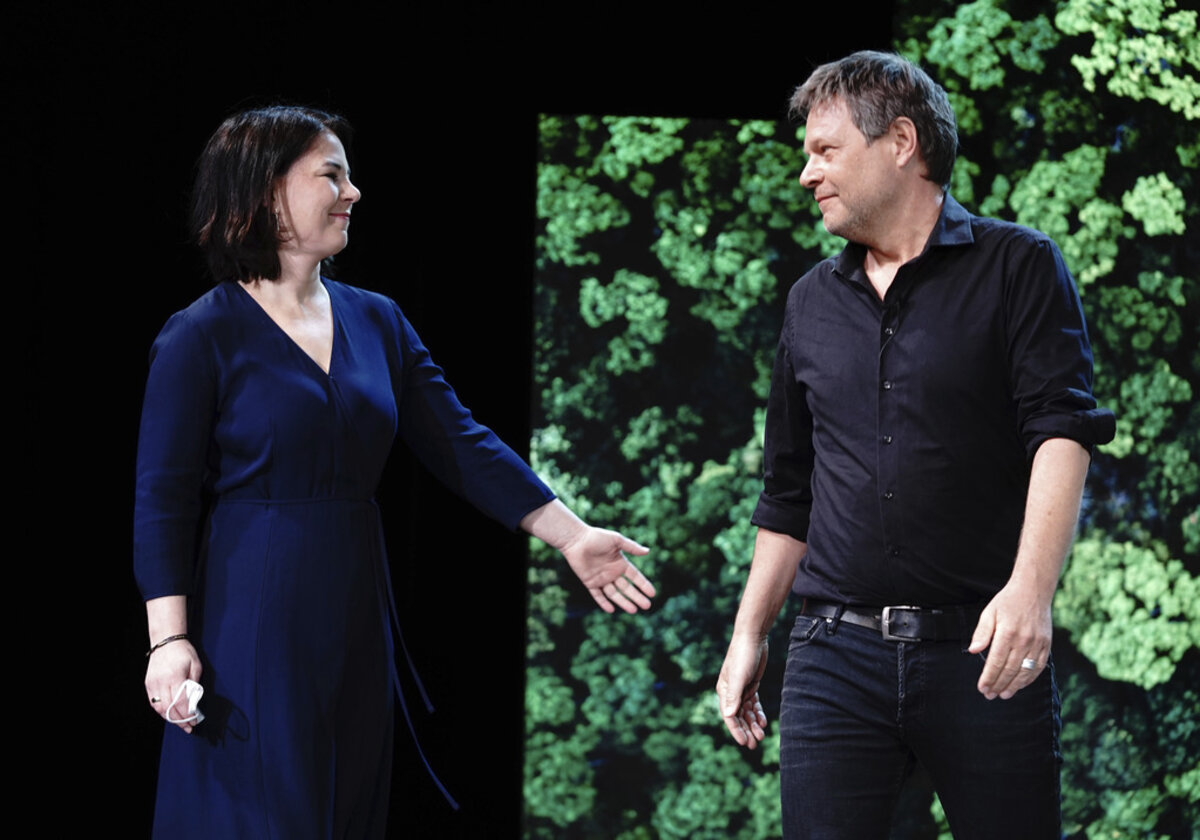Those pushing for statehood say it’s undemocratic for Washington, D.C., residents to have no voting members in Congress. Those opposed say statehood would be unconstitutional and is part of a partisan power play.
Monitor Daily Podcast
- Follow us:
- Apple Podcasts
- Spotify
- RSS Feed
- Download
 Amelia Newcomb
Amelia Newcomb
Cooking, for many people, includes a key ingredient: love. That was the case for Jessie Hamilton, a cook for a Louisiana State University fraternity, and Jenny Wu, who owns Red Pearl restaurant in Boulder Creek, California. And the heart they poured into their work was reflected back to them at critical moments this year.
Ms. Wu is a fixture in tiny Boulder Creek, slipping extra food into orders, feeding people in need, and taking free meals to regulars who are ill. So when 2020 hit hard – her restaurant closed twice, and a wildfire destroyed her house – the town rallied. It raised nearly $20,000, helped her find a new home, and provided furniture. When $1,000 was stolen after she reopened, customers restored it sixfold.
At Phi Gamma Delta, Ms. Hamilton nourished students over 14 years with comfort food and a listening ear. “She treated us like we were her own kids,” says Andrew Fusaiotti, who talks about the powerful example she set. And when he checked in on her as the pandemic hit, he realized it was time to thank her more tangibly.
This month, as she turned 74, he and others representing nearly 100 fraternity members surprised her with a celebration at her home – and $51,675, more than enough to pay off the mortgage and, finally, retire from two jobs.
“They were my kids. They still are,” Ms. Hamilton said. “They used to tell me they loved me, and now, they’ve proved it.”










